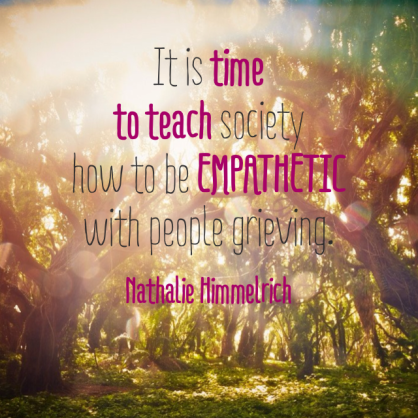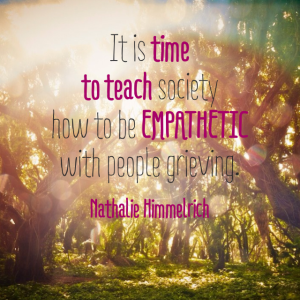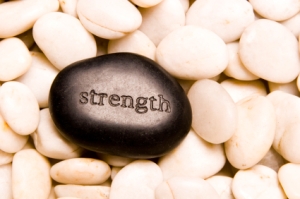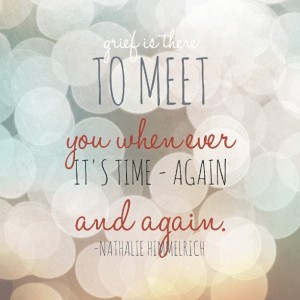Recently, there were many comments in the bereavement community about how some (many?) grieving parents feel a lack of support and care from friends, family and the medical support team. This can create additional painful emotions that add to the grieving process.
Today there was post on Return to Zero (the movie)’s Facebook page about Dr. Claire, the very caring doctor in the film in response to Tina’s comment:
This post today is for Tina. We need care givers to be more like Dr. Claire and less like her nurse. Maybe if the care givers see RTZ and spend some time with our community their hearts will open.
“The nurse asked me how many children I have and I said 5. I told her I have 3 living and twins that were born prematurely and passed away very soon after birth. Her response was “Oh they don’t count hon.”
“My heart shattered into a million pieces all over again. I wanted to scream at her and tell her yes they do count. Just because they are my Angel babies they still lived and grew inside of me. That they have a family that loves and misses them every single day. They have names and a birth date that we have a birthday celebration for every year.
“I didn’t scream though, I just waited until we were done and went and cried my eyes out in my car. I’m not strong enough yet to yell at someone being so heartless. But I know someday I will be.”
– Tina
It saddens my heart that grieving parents need to experience added pain to their loss. I am sorry for your loss, Tina and your secondary losses.
This is what I wrote as a comment to the post shared below:
I had amazing support on my journey and part of it was due to me clearly stating what it was we needed – as much as I knew at that time.
I believe the way to decrease the helplessness, lack of understanding and acceptance is by teaching medical support and society in general about HOW to be empathetic with the grieving.
Most of the time it isn’t lack of good intent but helplessness, overwhelm with the situation, lack of understanding and/or acceptance. Nurses, doctors, social workers might not have experienced what we have so they need us to tell and show them what it is we needed most.
All in all, I bow in respect to those who have chosen to be there in support
I know they do the best with the resources they have at the time. Let’s give them more resources to do better in future!
Sadly, and often spoken from a place of emotionality, grieving parents not only use words that widen the gap between what they have experienced and what they would like to experience but also alienate those who we need to support us: our family, friends and the medical team. As much as I understand where they are coming from – and let me tell you I have been there too – I have come to understand a different power: the power of turning whatever I have experienced into something meaningful, to use the gift of any painful experience and transform it.
So, even if my care was an exception, which I don’t believe, how can we make it the rule?
By teaching, educating, showing and guiding those, who haven’t been in our shoes to help them understand and accept what it means to walk our path.
Are you joining me?









